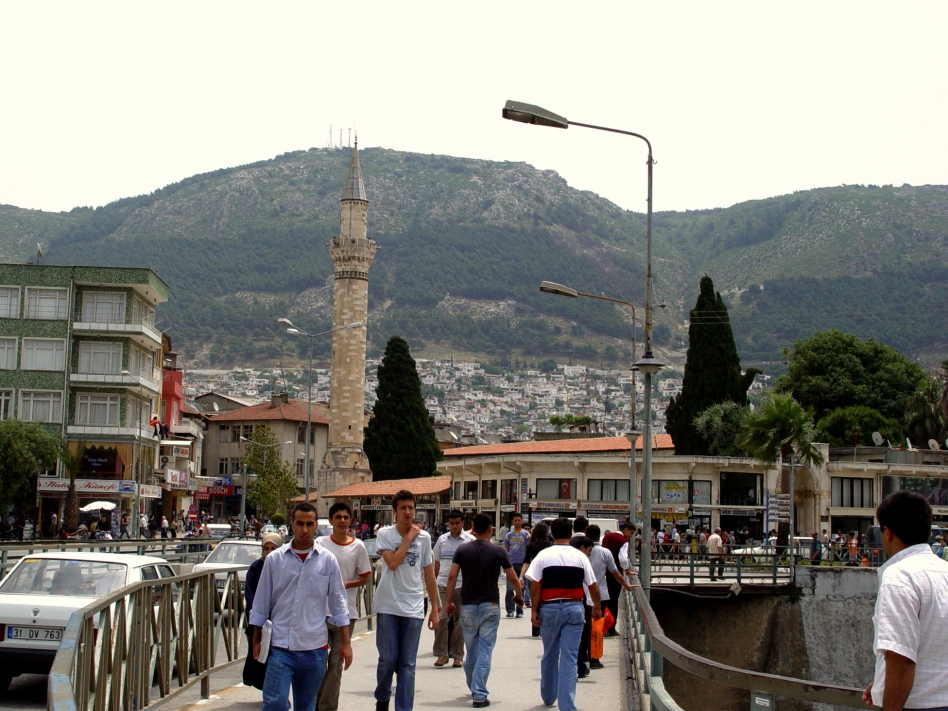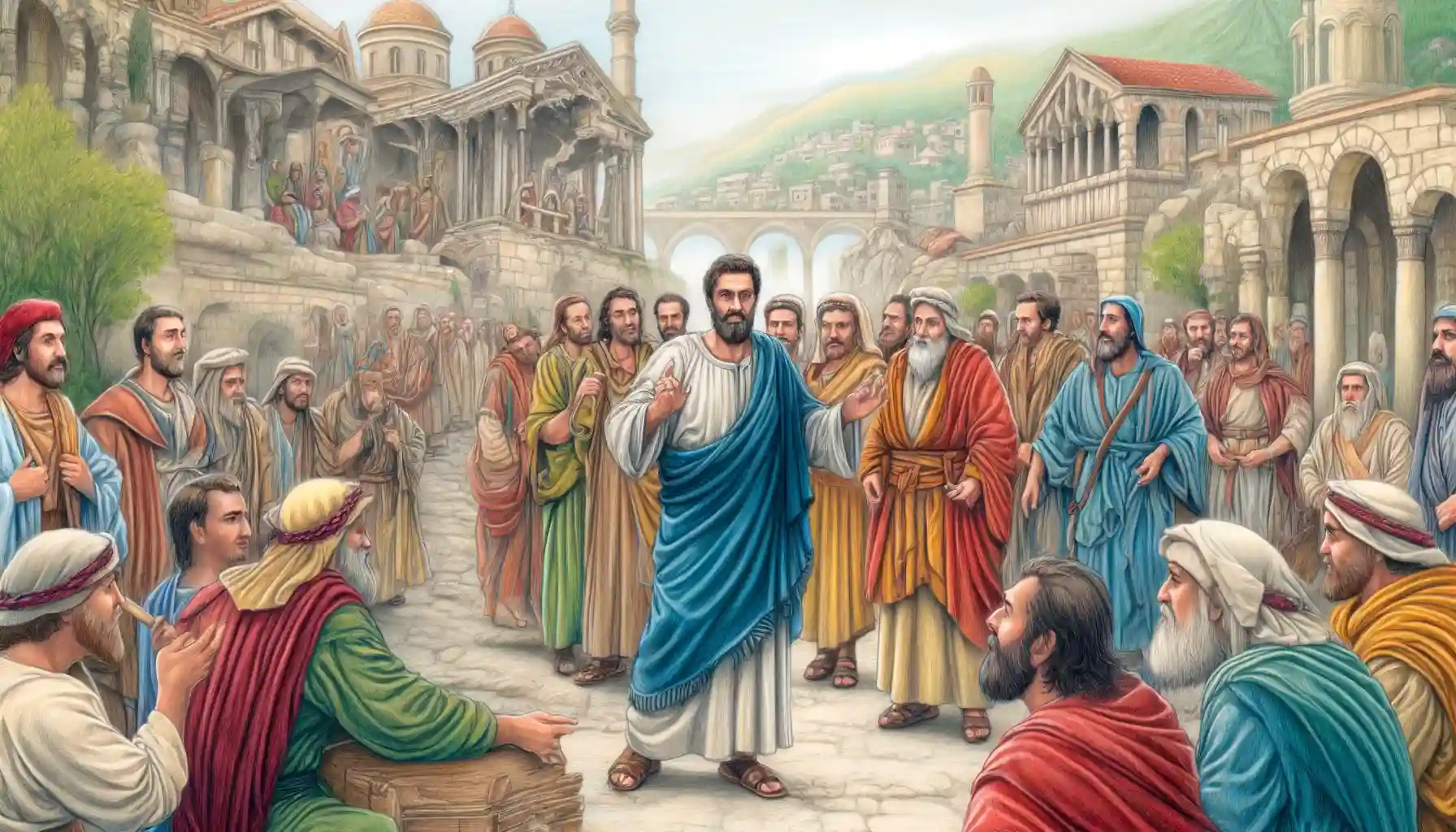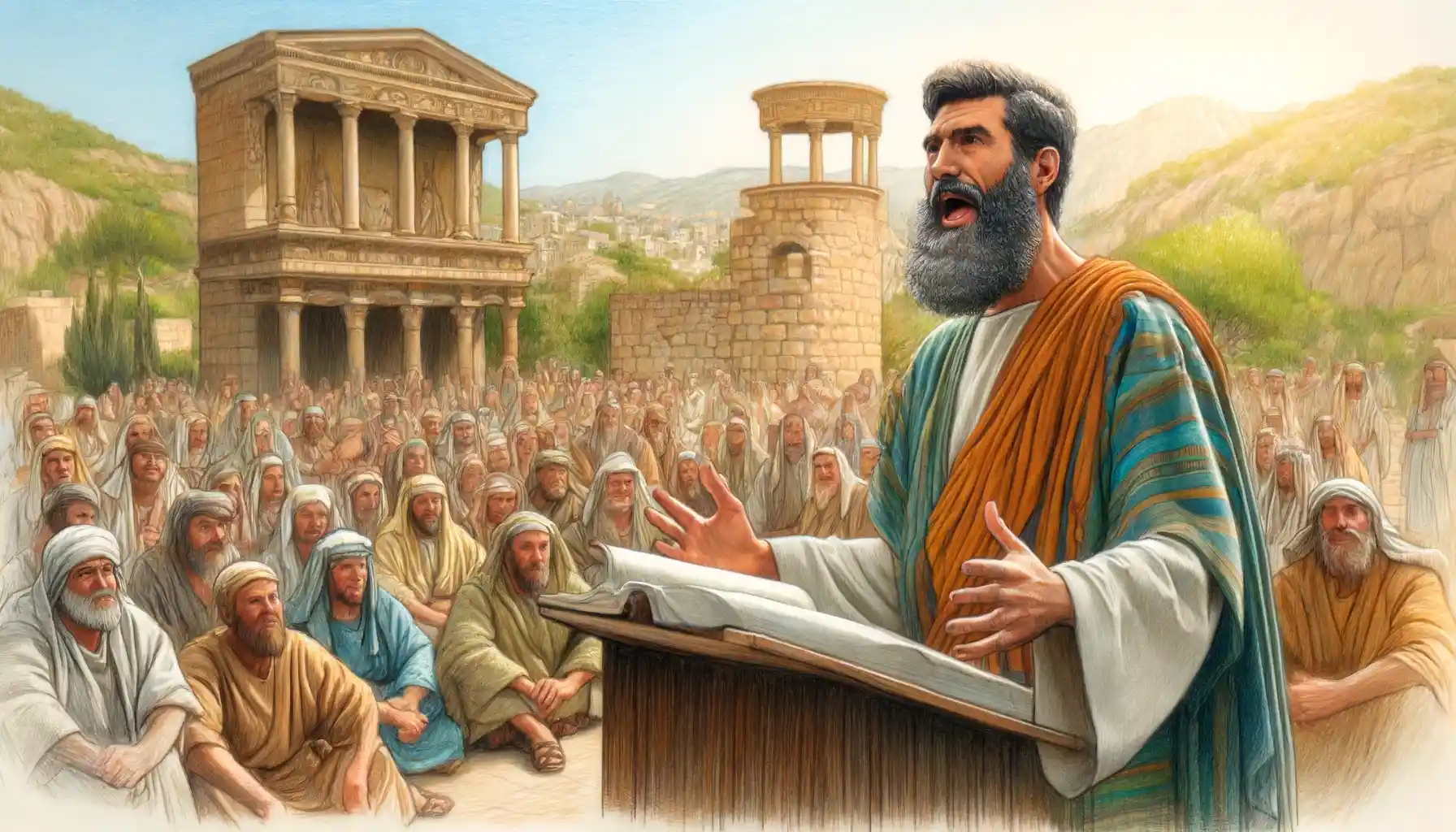Antioch, known as the “Cradle of Christianity,” was a pivotal city in early Christian history, serving as the first place where believers were called Christians, the launching point for Paul’s missionary journeys, and a key center for the inclusion of Gentiles in the faith, significantly shaping the spread and theological foundations of early Christianity.
Paul’s third missionary journey, accompanied by various disciples including Timothy and Luke, focused on strengthening and encouraging the early Christian communities he had previously established, as he traveled from Antioch through key locations such as Galatia, Phrygia, Ephesus, Macedonia, Greece, Troas, Miletus, and Jerusalem, preaching the Gospel, performing extraordinary miracles, facing opposition, and providing pastoral care, ultimately solidifying the foundation of the early church despite significant personal risk and challenges.
Paul’s second missionary journey, accompanied by Silas, Timothy, and later Luke, significantly expanded the reach of Christianity into Europe as they traveled from Antioch through key locations such as Philippi, Thessalonica, Berea, Athens, Corinth, and Ephesus, preaching the Gospel, performing miracles, and establishing strong Christian communities despite facing considerable opposition, thereby demonstrating the transformative power and inclusivity of the Gospel.
Paul’s first missionary journey, undertaken with Barnabas and John Mark, marked a foundational moment in the spread of early Christianity as they traveled from Antioch to Cyprus, Pisidian Antioch, Iconium, Lystra, and Derbe, preaching the Gospel, performing miracles, facing persecution, and establishing new churches, thereby demonstrating the transformative power of the Gospel and the inclusivity of God’s salvation plan.
Barnabas’s role as an encourager, a bridge-builder between Jewish and Gentile Christians, and a pioneering missionary alongside Paul, underscores his critical contributions to the spread and establishment of early Christianity.





